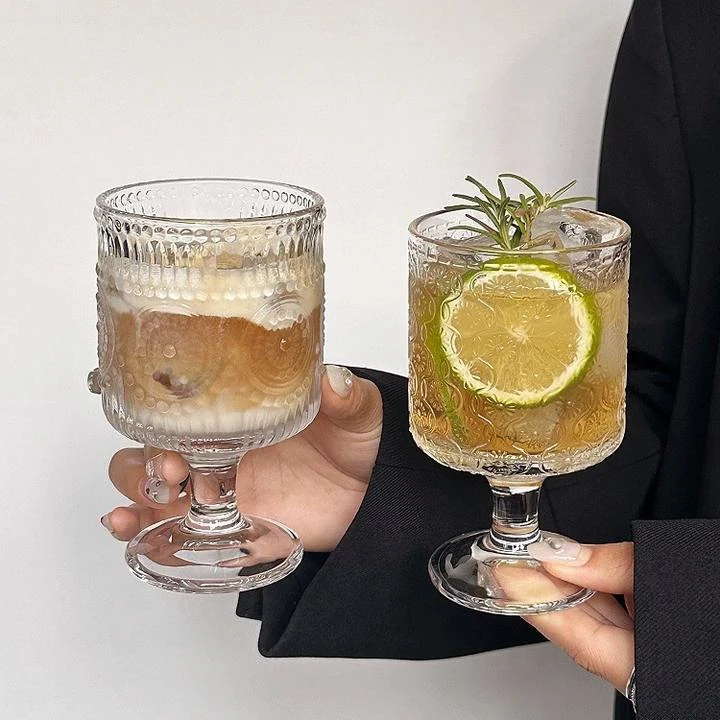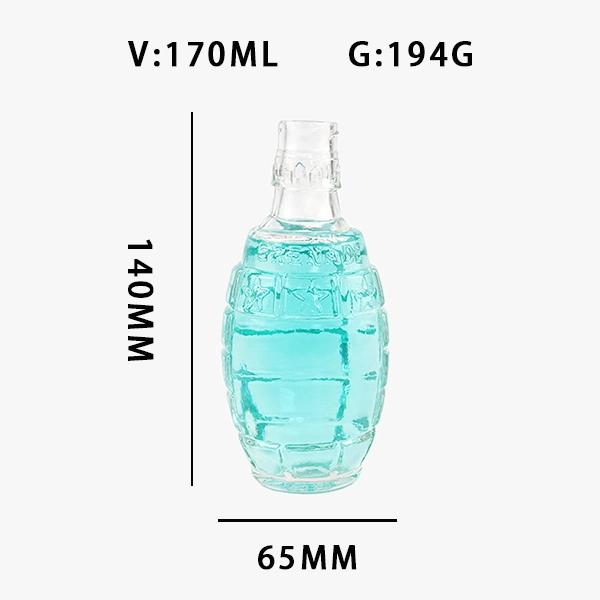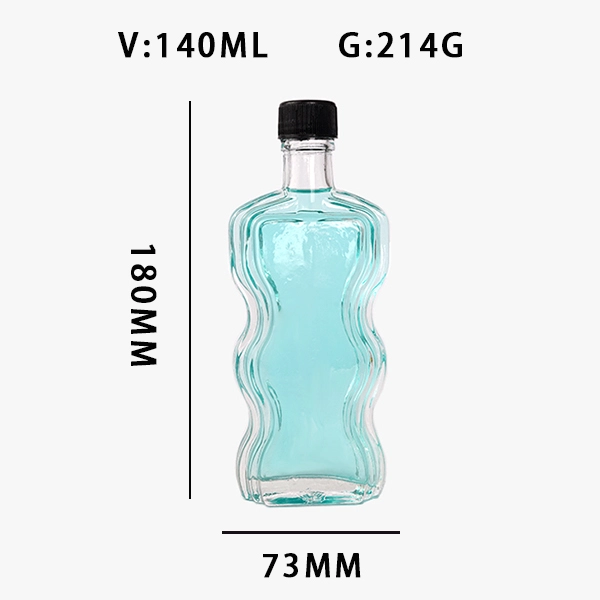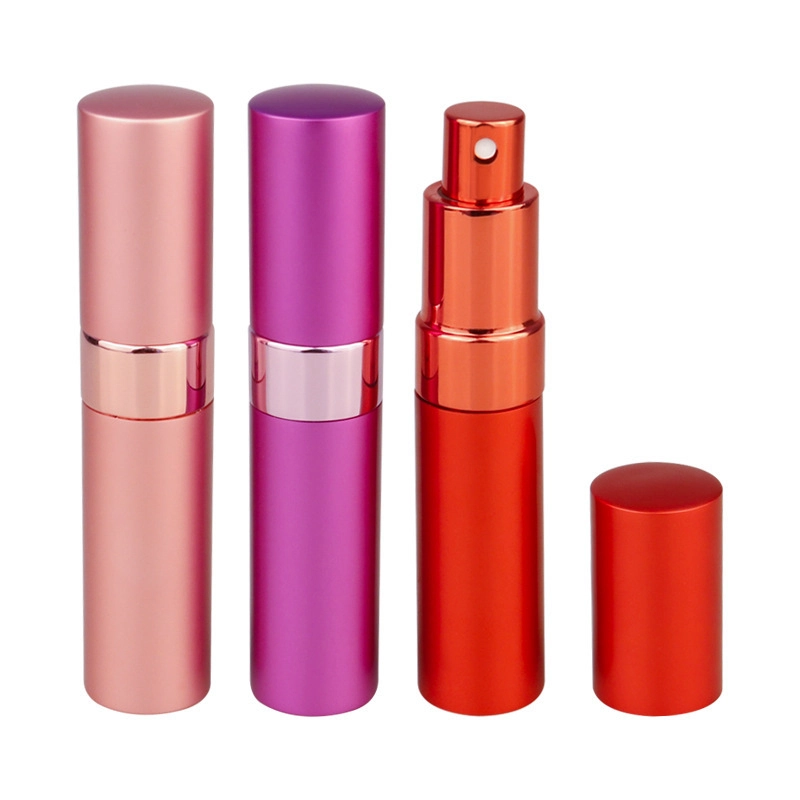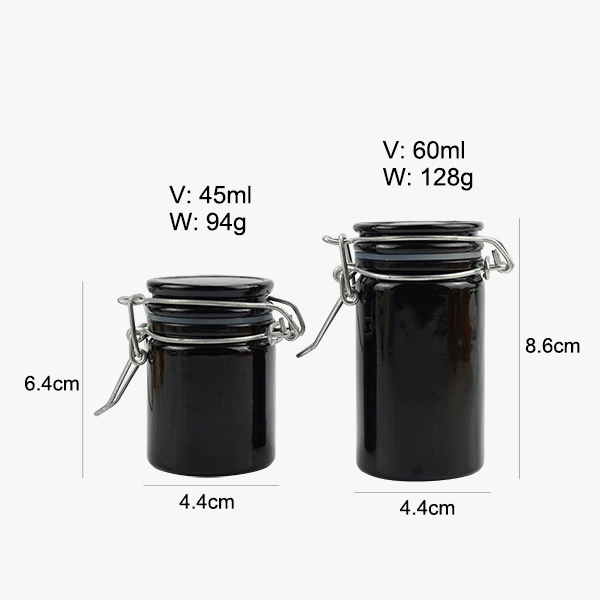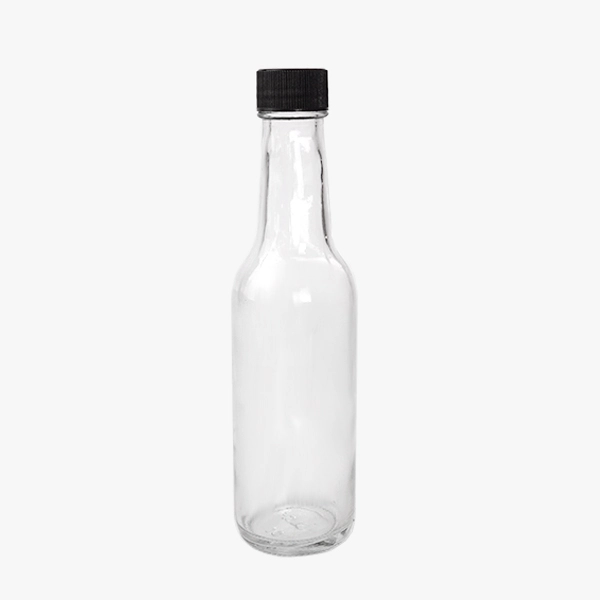
Part 1: Market Size and Growth
Djibouti’s glass bottle industry is modest, shaped mainly by its beverage and food sectors. Beer, soft drinks, bottled water, and spirits drive most of the demand. Tourism and hospitality also contribute, as hotels and restaurants prefer glass packaging for premium products.
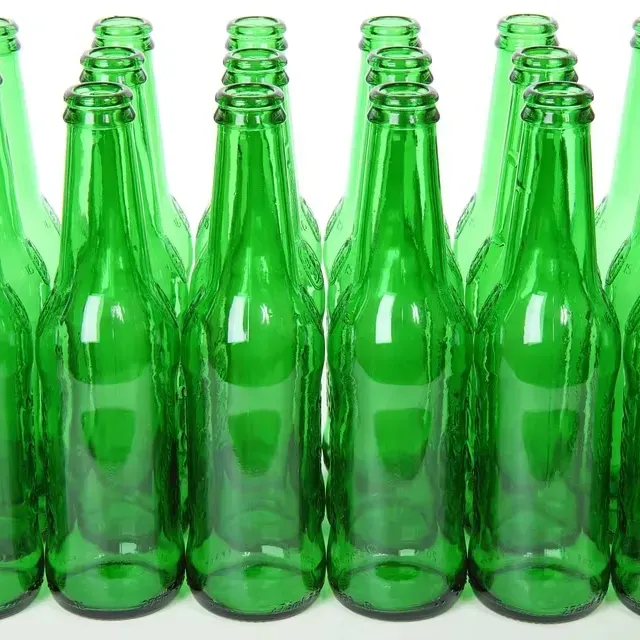
Most glass bottles in Djibouti are imported, primarily from Ethiopia, Kenya, and the Middle East. Local beverage companies handle bottling and branding but rely on regional suppliers for container supply. This dependence on imports makes logistics and trade policies essential.
Government policies promoting sustainability and efforts to limit plastic waste encourage businesses to adopt glass bottles. This trend supports glass as an eco-friendly and durable choice for packaging.
Part 2: Leading Companies
Brasseries de Djibouti
Brasseries de Djibouti is the largest brewery in the country, producing beer, soda, and bottled water. Founded in the 20th century, it relies heavily on glass bottles for its flagship brands.
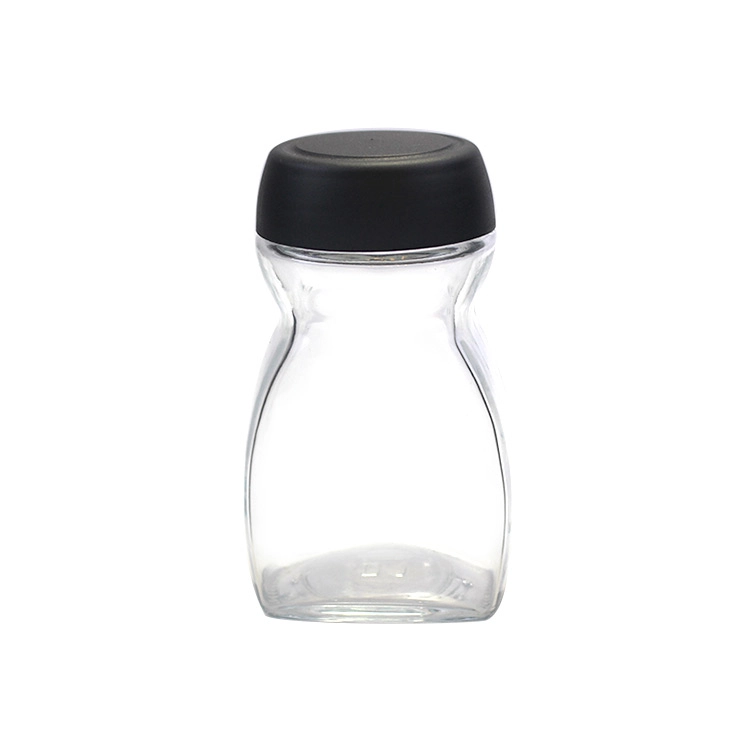
Its portfolio includes beer bottles, soda bottles, and refillable beverage containers. Glass packaging supports both brand heritage and consumer trust.
The company operates bottle collection and reuse systems, aligning with regional sustainability goals. It holds certifications for quality and environmental compliance.
Coca-Cola Djibouti (Regional Bottling Partner)
Coca-Cola operates in Djibouti through a regional bottling partner, supplying glass bottles for soft drinks and mineral water.
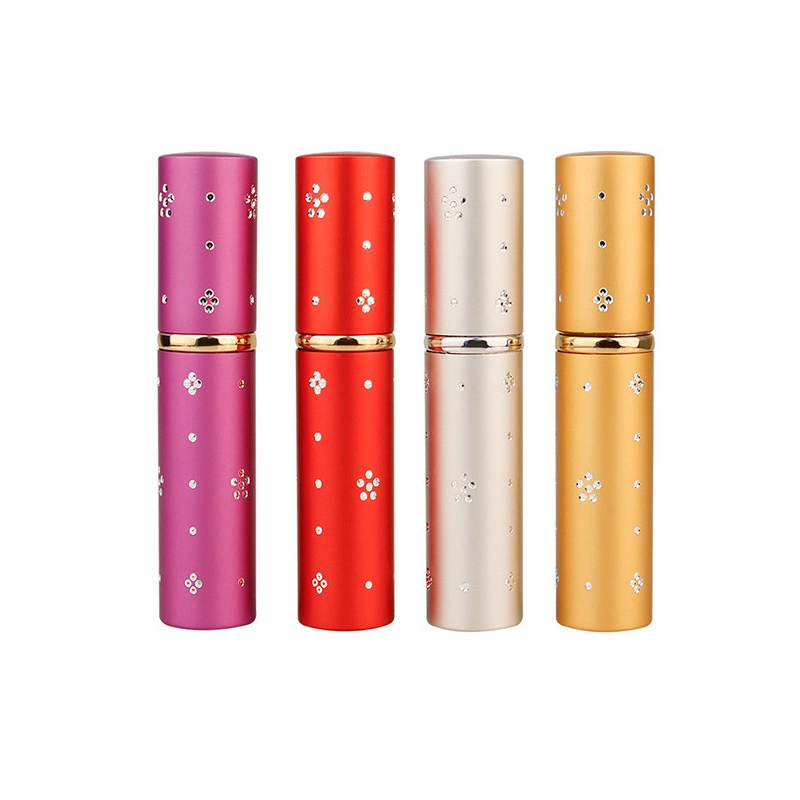
Its product line includes Coca-Cola glass bottles, Sprite, and other soda containers. Glass bottles remain an important part of the brand’s image.
The company emphasizes recycling and eco-friendly initiatives. It has global certifications in quality, safety, and sustainability.
Local Distilleries and Agro Producers
Djibouti also has small-scale spirits producers and agro-food companies that use glass bottles for rum, sauces, and condiments. These businesses focus on niche markets and cultural branding.
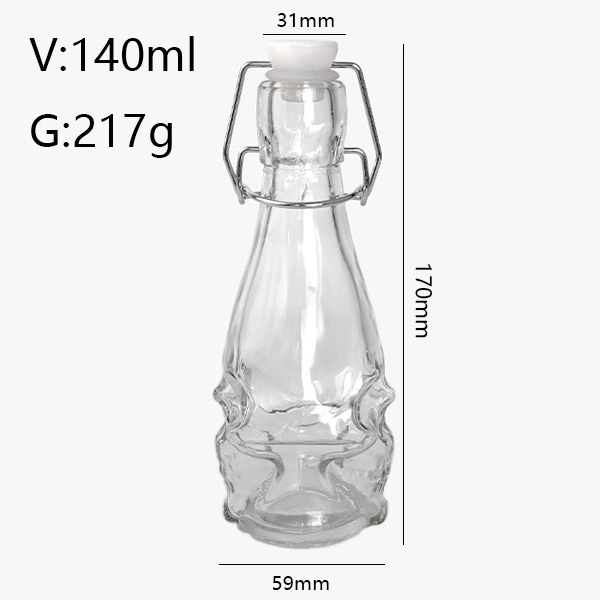
Their products include rum bottles, hot sauce bottles, and condiment jars. Glass packaging provides both durability and premium appeal.
These companies often collaborate with regional suppliers while maintaining compliance with local quality standards.
| Company | Founded | Core Products | Industries | Certifications |
|---|---|---|---|---|
| Brasseries de Djibouti | 20th century | Beer bottles, soda bottles, water bottles | Breweries, beverages | Sustainability Recognition |
| Coca-Cola Djibouti (Partner) | 21st century (regional) | Soft drink bottles | Beverages, hospitality | ISO & Global Certifications |
| Local Producers | Various | Spirits bottles, sauce bottles | Spirits, food, condiments | Local Quality Standards |
Part 3: Trade Shows and Industry Events
Djibouti International Trade Fair
The Djibouti International Trade Fair is the country’s largest commercial exhibition, covering food, beverages, and packaging. Glass-bottled products are showcased by local and regional companies. It is a central hub for networking and promotion.
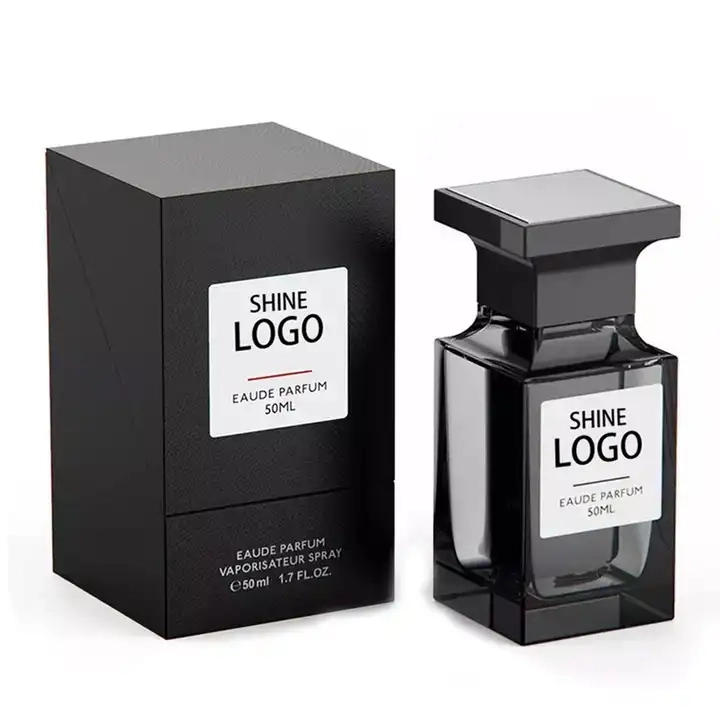
The fair is held annually in Djibouti City, attracting exhibitors from East Africa and the Middle East. Highlights include beverage showcases, packaging technologies, and sustainability programs.
East Africa Agrofood & Plastprintpack
Djibouti-based companies also participate in East Africa’s Agrofood & Plastprintpack exhibitions. These regional events focus on packaging solutions, including glass bottles for beverages and food. It connects Djiboutian producers with international suppliers.
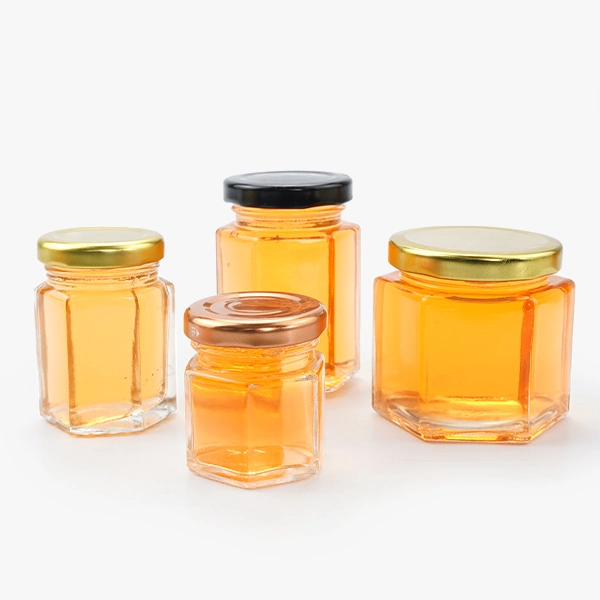
The event rotates among East African capitals and features sustainable packaging, recycling innovations, and supplier-buyer networking.
| Event | Date | Location | Highlights |
|---|---|---|---|
| Djibouti International Trade Fair | Annual | Djibouti City, Djibouti | Beverage packaging, sustainability |
| East Africa Agrofood & Plastprintpack | Annual | East Africa (rotating) | Glass packaging, recycling, new technologies |
Part 4: Impact of Global Trade Policies
Djibouti depends heavily on imported glass bottles, making trade policies and shipping costs crucial. Rising freight rates and raw material shortages directly affect supply. This dependency creates risks for local companies.
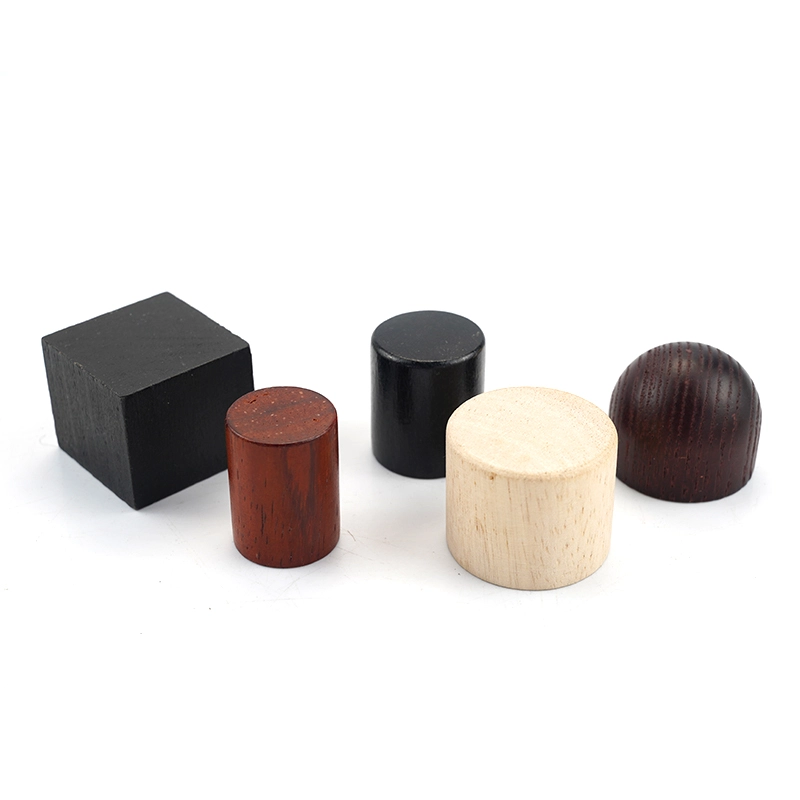
As part of IGAD and COMESA, Djibouti benefits from regional trade integration, which eases imports from Ethiopia, Kenya, and other nearby suppliers. These agreements help stabilize costs and supply chains.
Global sustainability standards encourage bottle reuse and recycling. By aligning with international eco-friendly trends, Djiboutian producers can strengthen both local and export competitiveness.
Part 5: Conclusion
Djibouti’s glass bottle industry is shaped by its breweries, soft drink companies, and small-scale producers, supported mainly by imports. Tourism, trade integration, and sustainability goals drive ongoing demand.
Challenges include reliance on imports, logistics costs, and limited domestic production capacity. The future of the industry will depend on regional partnerships and eco-friendly packaging solutions.
Recommended Reading:
- Glass Bottle Manufacturers in Cyprus
- Glass Bottle Manufacturers in Cuba
- Glass Bottle Manufacturers in Croatia
- Glass Bottle Manufacturers in Costa Rica
- Glass Bottle Manufacturers in Comoros
- Glass Bottle Manufacturers in Chad
- Glass Bottle Manufacturers in Central African Republic
- Glass Bottle Manufacturers in Cape Verde
200ml 290ml Clear Glass Juice Bottle With Plastic lid
8oz 12oz Glass Milk Bottles with Plastic Lids
How to Get Perfume Out of the Bottle?
Unique Design1700ml Clear Glass Candy Jar with Plastic Cap

